Businesses "stuck" with cash flow
Mr. Tran Van Binh, Vice President and General Secretary of the Vietnam Real Estate Brokers Association, said that besides legality, capital is the factor that has a great influence on the health of the participants in the real estate market. Therefore, opening up capital sources for the Vietnamese real estate market is an important key and a great driving force for the development of the real estate market in Vietnam.
Commenting on the role of real estate in the economy , Associate Professor Dr. Dinh Trong Thinh, senior lecturer of the Academy of Finance, said that real estate plays a very important role in the economy, connecting industries and markets in the real estate value chain including 35 related industries and fields.
Real estate activities have a spillover coefficient of 0.5-1.7 times in the economy. In particular, the four major industries that are closely related are construction (accounting for 6.2% of GDP), tourism (accounting for 1.02% of GDP), accommodation (accounting for 2.27% of GDP), finance - banking (accounting for 4.76%) in 2022. These four industries alone have an impact of 14.25% of GDP. In addition, real estate is one of the 20 first-level economic sectors, ranking 9th in terms of value scale in 2022.
According to recent data from the Foreign Investment Agency, Ministry of Planning and Investment , as of December 20, 2023, the real estate business ranked second in attracting foreign capital with a total investment capital of nearly 4.67 billion USD, accounting for more than 12.7% of total registered investment capital, up 4.8% over the same period.
According to Associate Professor Dr. Dinh Trong Thinh, in recent years, real estate market development has mainly been financed by bank credit and capital from corporate bond issuance is also an increasingly important source of capital for real estate market development. However, in 2022, the proportion of capital from corporate bond issuance has decreased significantly in the structure of development capital.
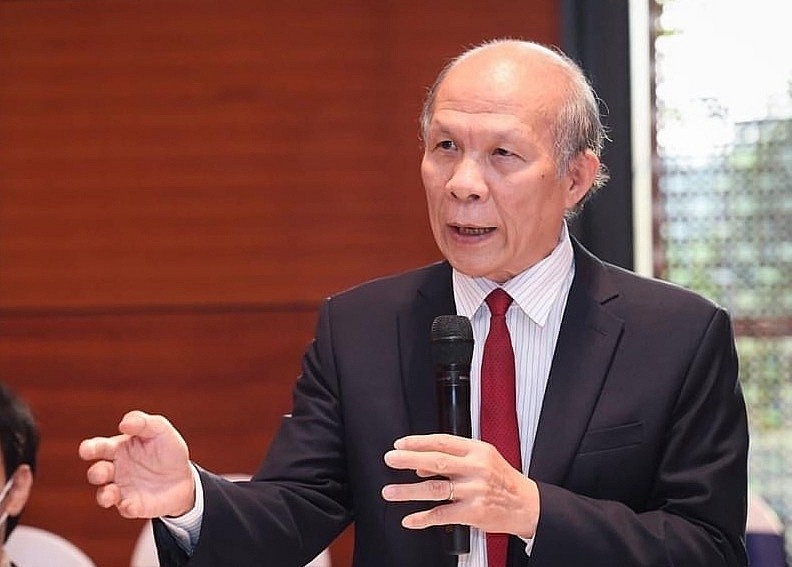
Associate Professor Dr. Dinh Trong Thinh, Senior Lecturer of the Academy of Finance shared at the event.
The past period of 2023 was a difficult year for the real estate industry. The Government and agencies, ministries and branches worked very hard with high determination to restore the market.
Nearly 20 actions issued continuously and repeatedly by the Government have contributed to creating more confidence and strength for the market as well as participating entities.
Among them, Resolution No. 33/NQ-CP dated March 11, 2023 is considered the highest signal, with orientation and guidance. Day by day, the mechanisms and policies from the Government are closer to the actual needs of the market and businesses. Demonstrating close observation and listening to every move of the market.
“Despite receiving many positive signals, the market has not been able to rebound due to the sharp decline in capital flows over a long period of time, many real estate businesses are facing difficulties, and projects are stalled. Above all, the lack of supply and the mentality of waiting to 'catch the bottom' has caused a disruption in the real estate market supply chain, affecting the development of many industries and the overall GDP of the year,” Associate Professor, Dr. Dinh Trong Thinh said.
Some recommendations to unblock real estate capital sources
Accordingly, in the current context, continuing to diversify and improve channels for mobilizing capital for real estate investment is one of the policy priorities to support real estate recovery. Associate Professor, Dr. Dinh Trong Thinh said that it is necessary to fully implement a number of recommendations, focusing on three major issues.
Firstly, regarding the issue of disbursement of public investment capital, it is necessary to promote the role and responsibility of the head in disbursing public investment capital. Difficulties in project commencement procedures should be resolved, and investment documents and procedures should be prepared promptly.
Next, allocate public investment capital early in ministries, branches and localities, and quickly adjust prices according to market prices. Some raw materials have increased in price, and businesses are waiting for price adjustments from authorities.
Speed up site clearance, investment preparation, and resolve problems in some localities and projects with material sources that affect progress, acceptance volume, and capital disbursement.
“Foreign-invested projects need to be urgently reviewed and revised. Projects with ODA capital need to undergo a time-consuming adjustment and revision process, slowing down construction progress, so they need to be reviewed and checked for legality and reasonableness,” Associate Professor Dr. Thinh added.

Second, for credit capital, it is necessary to quickly, seriously and flexibly implement the instructions of the State Bank to be able to lend according to cash flow and lend according to contracts of real estate enterprises.
Commercial banks should step up the review and appraisal of projects and contracts to be able to carry out cash flow lending and contract lending; corporate bond issuance needs to continue to consider the actions of enterprises to promptly take measures to change and adjust mechanisms and policies to suit the capacity and financial situation of enterprises, including real estate enterprises.
Third, in attracting FDI capital under the condition that the global minimum tax policy of 15% officially takes effect. To attract FDI into the real estate sector, it is necessary to consider innovating measures to support FDI enterprises in accessing investment procedures, incentives in reducing investment costs, in site clearance, and in recruiting workers.
At the same time, it is necessary to promote digitalization of the activities of State management agencies, build a comprehensive data warehouse to minimize access and appraisal costs and shorten the approval process for making investment decisions.
NAM ANH
Source


![[Photo] Hanoi morning of October 1: Prolonged flooding, people wade to work](https://vphoto.vietnam.vn/thumb/1200x675/vietnam/resource/IMAGE/2025/10/1/189be28938e3493fa26b2938efa2059e)


![[Photo] President of the Cuban National Assembly visits President Ho Chi Minh's Mausoleum](https://vphoto.vietnam.vn/thumb/1200x675/vietnam/resource/IMAGE/2025/10/1/39f1142310fc4dae9e3de4fcc9ac2ed0)

![[Photo] Keep your warehouse safe in all situations](https://vphoto.vietnam.vn/thumb/1200x675/vietnam/resource/IMAGE/2025/10/1/3eb4eceafe68497989865e7faa4e4d0e)
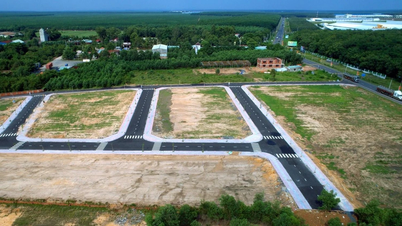

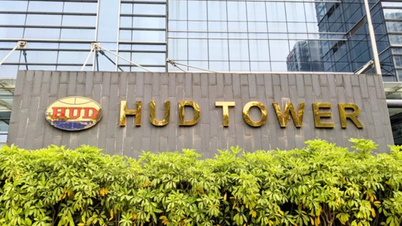


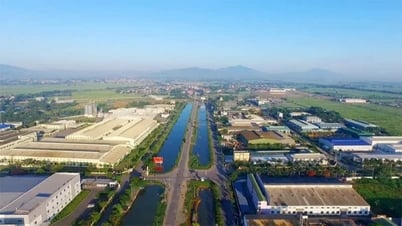







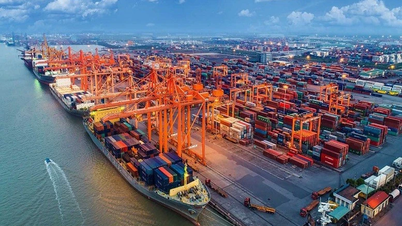














































































Comment (0)